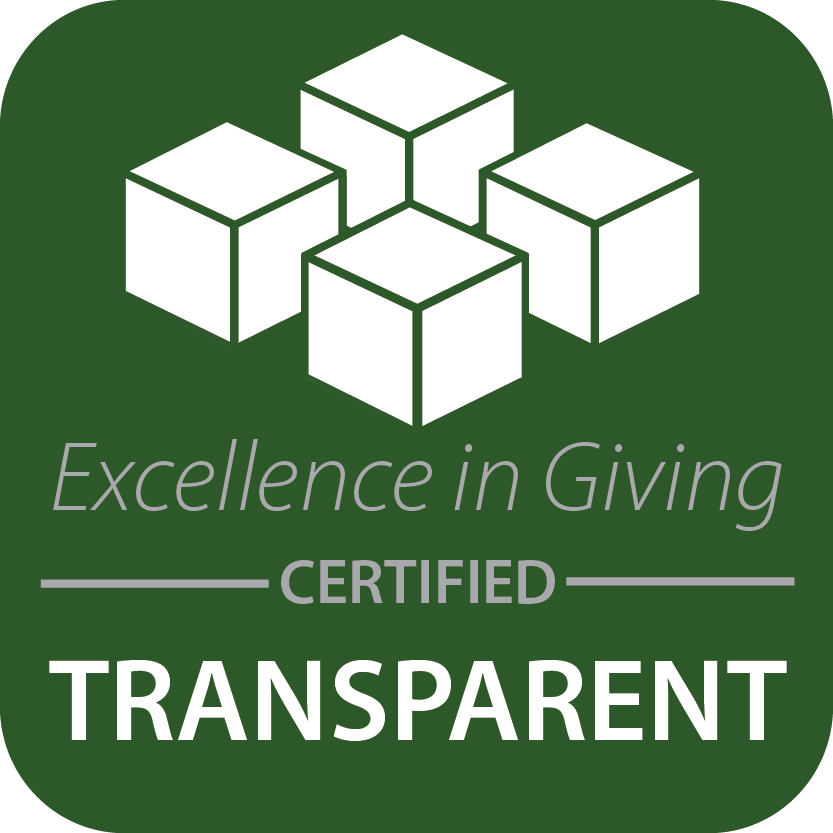
The FTT “Bibles” goal focuses on ending “Bible poverty” and ensuring that all people have access to the gospel in their own heart language. This new document by our “Bibles” FTT coalition members, A Global Strategy for the Bible ‘B’, outlines an ambitious plan to complete Bible translation for every language by 2033, as part of the Finishing the Task movement. The strategy highlights the need for collaboration, innovation, and the active involvement of churches worldwide to achieve this goal.
The Unfinished Mission
With over 7,000 languages spoken globally, only 10% have a full Bible translation, while thousands more still need at least portions of Scripture. More than 3,500 languages have no Bible access at all. The task is urgent, as billions of people are waiting to experience God’s Word in their heart language. To achieve the goal of having every language equipped with a full Bible, a New Testament, or at least Bible portions, the church needs to mobilize resources and action at an unprecedented scale.
The 4B Strategy: Bible, Believers, Bodies of Christ, Breakthrough
The FTT 2033 goals are based on a comprehensive approach summed up by the 4 “B”s:
- Bible – Translating the Bible for every language that still lacks Scripture
- Believers – Engaging Christians globally to support the translation mission
- Bodies of Christ – Ensuring churches are planted and thrive in every language group
- Breakthrough Prayer – Interceding for translation efforts and for people groups without the Bible in their heart language
The Bible goals are part of this integrated approach that focuses not only on Bible translation but also on building strong discipleship and church communities in every language group. We also aim to use cutting-edge technology and innovative methods to speed up translation efforts.
Empowering Local Churches
A cornerstone of this strategy is the empowerment of local churches. The Church-Centric Bible Translation (CCBT) movement puts churches at the heart of the translation process. Local congregations are encouraged to take ownership of Bible translation in their region, from identifying translation needs to training local leaders and quality-checkers. This church-led model ensures that translation efforts are not just about words on a page but about fostering spiritual growth and discipleship within these communities.
The Role of Technology
To accelerate the process, the strategy embraces innovative technology, particularly artificial intelligence (AI). AI tools, such as those developed by Avodah Inc., have the potential to dramatically reduce the time and cost of translation, making it possible to complete full Bibles in just a few years for languages with little or no Scripture. By combining technology with local church efforts, the mission is set to progress at a faster pace than ever before.
More Than Translation: Building Discipleship
The vision extends beyond simply translating the Bible. The goal is to establish communities of believers who can engage deeply with Scripture. Churches are encouraged to adopt languages for prayer and action, promoting both Bible access and the creation of spiritually mature communities. By 2033, the hope is that every language group will not only have the Bible but also thriving discipleship groups and local churches!
Collaboration for Global Impact
The “Bibles” strategy calls for collaboration between global churches, Bible agencies, and resource providers. Together, we can help ensure that every language community is reached with the gospel. Our goal is to continue to support local churches in their efforts to eliminate Bible poverty and bring Scripture to every corner of the earth!
To learn more, check out the full “Bibles” global strategy on the White Papers page of FinishingtheTask.com.
